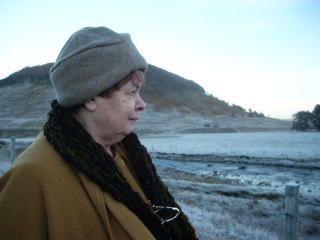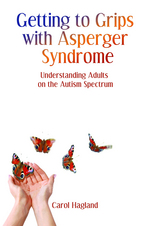Kieran O’Hagan on Competence in Social Work Practice
“…why is it that a very small number of social workers who have striven so hard to qualify and who have demonstrably proven their competence at the end of their training fail to maintain it in practice? […] It certainly cannot happen overnight. The reports often expose terrible working conditions, e.g., inadequate supervision and resources, and unrealistic caseloads (and that’s even without mention of exceedingly difficult and often intimidating clients). All of these factors may adversely affect the worker’s level of performance, and in some cases, make it virtually impossible to maintain the level of competence already achieved in practice placements, and amply recorded and demonstrated in workers’ portfolio. Therein I believe, lies both the problem and the solution…”









